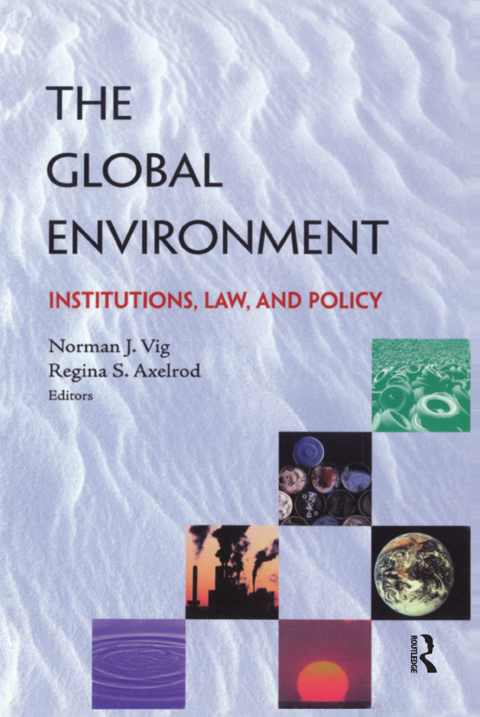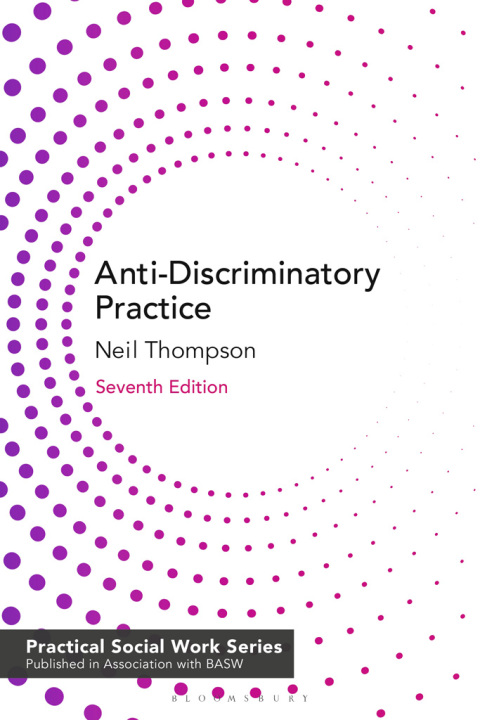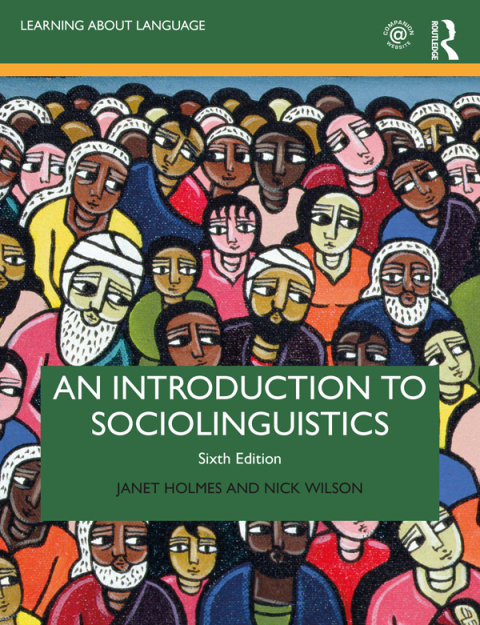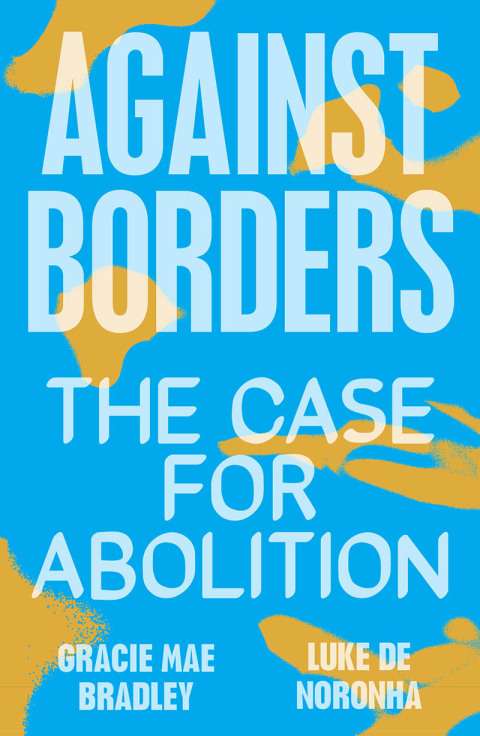Description
Efnisyfirlit
- Cover
- Half Title
- Title Page
- Copyright Page
- Dedication
- Table of Contents
- Preface
- Contributors
- 1. Introduction: Governing the International Environment
- International Relations, Regimes, and Governance
- Sustainable Development
- Overview of the Book
- International Environmental Institutions
- International Environmental Law
- International Environmental Policy
- Sustainable Development: National Cases and Controversies
- The Uncertain Future
- Notes
- I. International Institutions and Regimes
- 2. Global Institutions and the Environment: An Evolutionary Perspective
- Historical Perspective
- The Pre-Stockholm Era (Prior to 1968)
- The Stockholm Era (1968–1987)
- The Rio de Janeiro Era (1987 to the Present)
- Major Global Institutions
- United Nations General Assembly
- The United Nations Environment Programme
- The Commission on Sustainable Development
- The Global Environment Facility
- The World Bank
- Prospects for Change
- Notes
- 3. The Role of Environmental NGOs in International Regimes
- The Rise of International Regimes
- The Growth of the Environmental Movement
- The Global NGO Community
- Internal Structures
- Methods and Strategies
- Environmental Groups and International Regimes
- Notes
- 4. The European Union as an Environmental Governance System
- The Political Origins of the European Union and Environmental Policy
- EU Institutions and Policy-Making Processes
- Institutions
- The Policy Process
- The Harmonization of Environmental Standards
- The Fifth Environmental Action Programme
- Legislative Action
- Framework Directives
- Other Legislation
- Major Challenges Facing the European Union
- Implementation of Environmental Laws
- New Instruments and Approaches
- Enlargement
- Conclusion
- Notes
- II. International Environmental Law
- 5. The Emerging Structure of International Environmental Law
- The Emerging Characteristics of International Law
- The Blurring of Public and Private International Law
- Increased Use of Legally Nonbinding Instruments
- The Integration of International and National Law
- Substantive Directions for International Law
- Intergenerational Norms
- New International Monitoring and Tracking Regimes
- Compliance with International Law
- Understanding the Emerging Framework in Operation
- The New Issues
- Management Issues
- Accountability
- Notes
- 6. Environmental Protection in the Twenty-first Century: Sustainable Development and International Law
- International Environmental Law: Context, Sources, and History
- The International Legal Order
- Sovereignty and Territory
- International Actors
- Sources of International Environmental Law
- History
- International Environmental Law: General Principles
- Principles of General Application
- Basic Rules and Emerging Legal Standards
- Protection of Flora and Fauna
- Protection of the Marine Environment
- Protection of Freshwater Resources
- Air Quality
- Waste
- Hazardous Substances
- Conclusion
- Notes
- 7. Compliance with International Environmental Agreements
- Theory of Compliance
- Sources of Compliance and Noncompliance
- Country Characteristics
- Role of NGOs
- Number of States and the “International Environment”
- Primary Rule System
- Reporting and Information
- Responses to Noncompliance
- Toward Comprehensive Noncompliance Response Systems
- Notes
- III. International Environmental Policies and Implementation
- 8. Agenda 21: Myth or Reality?
- The Goals of Agenda 21
- Achieving the Goals
- Improving Quality of Life and Encouraging Sustainable Economic Growth
- Conserving Natural Resources and Reducing Pollution
- Improving Governmental Capacity
- Assessing the Impact of Agenda 21
- Major Issues in Implementing Agenda 21
- Rethinking Development
- Rethinking Economic Policy and Globalization
- The Importance of a Development Regime for the Global Environment
- Notes
- 9. Economic Integration and the Environment
- Origins of the Trade and Environment “Conflict”
- Triggering Events
- Core Environmental Concerns about Free Trade
- The Free Trade Response
- NAFTA First Steps
- The Broader Policy Response
- Strengthening the Global Environmental Regime
- Managing Interdependence
- Notes
- 10. The United Nations Climate Change Agreements
- Climate Change as a Unique Policy Problem
- The Science of Climate Change
- The Earth′s Climate System
- Human Impacts on the Climate System
- Predicting and Measuring the Consequences
- Achieving Scientific Consensus
- Achieving Political Consensus
- The Intergovernmental Negotiating Committee
- The Road from Rio to Berlin
- The Road from Berlin to Kyoto
- COP 3, Kyoto (December 1–10, 1997)
- The FCCC and the Kyoto Protocol: Basic Provisions
- The 1992 Framework Convention on Climate Change
- The 1997 Kyoto Protocol
- COP 4, Buenos Aires (November 2–13, 1998)
- Notes
- 11. Lapsed Leadership: U.S. International Environmental Policy Since Rio
- Weakened U.S. Policy on Biodiversity and Climate Change
- The Convention on Biological Diversity
- Climate Change
- Explaining Weak U.S. Leadership on Biodiversity and Climate Change
- Climate Change: Easily Explained Failure
- Biodiversity: Partisanship, Senate Rules, and Weak Connections to Human Health and Welfare
- Conclusion
- Notes
- IV. Sustainable Development: National Cases and Controversies
- 12. The Dutch National Plan for Sustainable Society
- History and Content of the 1989 National Environmental Policy Plan
- Some Core Features of the Dutch Political System
- The Development of Dutch Environmental Policy
- The Immediate Predecessors of the NEPP
- The 1989 NEPP
- The Reception of the NEPP
- Follow-up and Achievements of the NEPP
- Major Follow-up Plans
- Achievements and Persistent Problems
- An Assessment of the NEPP Approach
- The International Impact of the NEPP Approach
- Conclusion
- Notes
- 13. Democracy and Nuclear Power in the Czech Republic
- Energy Policy in Central and Eastern Europe
- The Eastern Movement of Nuclear Power
- Sustainable Development and the Environment
- From Communism to a Free Market
- Embracing Sustainable Development
- Energy Policy
- The Road to Temelin
- The Decision to Upgrade
- The U.S. Role
- Problems at Temelin
- The Tide Turns
- Government and Regulation
- EU Membership as a Force for Change
- Building Democracy and Environmental Protection Through Public Participation
- Accountability
- Accessibility of Information
- The Relationship Between Czech Political Culture and Temelin
- Notes
- 14. The Three Gorges Dam and the Issue of Sustainable Development in China
- The Three Gorges Dam and Sustainable Development
- Sustainable Development or Degradation?
- Land Usage and Pollution
- Population Relocation and Popular Input
- Continuing the Debate
- Notes
- 15. Mining, Environmental Protection, and Sustainable Development in Indonesia
- Mining, the Environment, and Development
- Mining′s Potential Environmental Impacts
- Mining and Industrial Development
- Indonesia′s Structure for Environmental Protection
- The Implementation Record
- The Role of Large Companies in Achieving Environmental Protection
- Mining and Sustainable Development
- Mining: A Temporary Use or Long-Term Threat
- Notes
- Index







Reviews
There are no reviews yet.